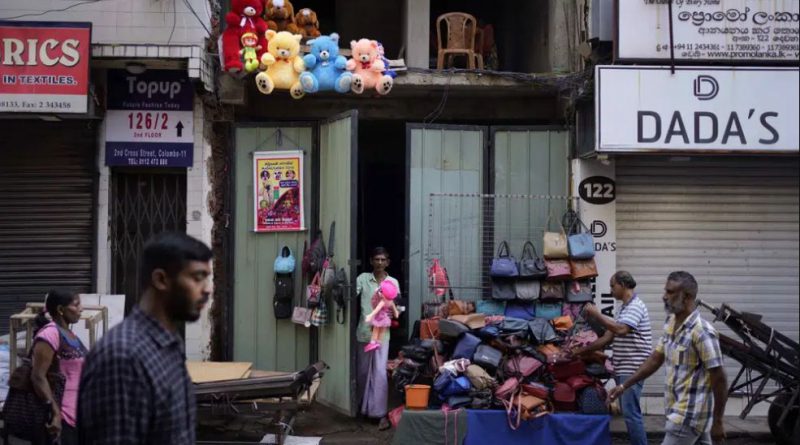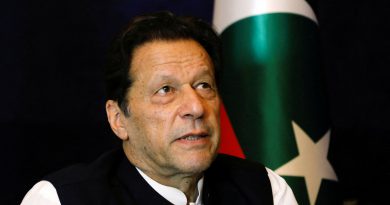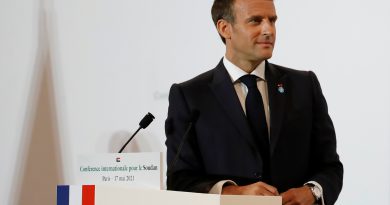Sri Lanka reduces interest rates for 1st time since bankruptcy as economy shows signs of rebounding
Colombo (AP) — The Central Bank of Sri Lanka reduced its interest rates Thursday for the first time since the island nation declared bankruptcy, after stern fiscal controls, improved foreign currency income and help from an International Monetary Fund program resulted in inflation slowing faster than expected.
The Central Bank said in a statement that the lending and deposit interest rates were reduced by 250 basis points to 14% and 13%.
The hope is that lowering the rates would “provide an impetus for the economy to rebound from the historic contraction activity witnessed in 2022, while easing pressures in the financial markets,” the statement said.
According to the Central Bank, the headline inflation stood at 35.3% in April, was reduced to 25.2% in May and is expected to reach single-digit territory by the the third quarter.
Sri Lanka declared bankruptcy in April 2022 and said it is suspending repayment of its foreign debt. It reached an agreement in March with the IMF for a nearly $3 billion bailout program over four years and started negotiations with its creditors on debt restructuring.
Inflows of foreign money have been robust since the agreement with the IMF, aided by import controls, increased income from tourism and worker remittances, allowing the Central Bank to strengthen its reserves, the statement said.
The interest rate reduction is expected to allow the private sector better access to credit facilities — a key demand of the small and medium enterprises that have cut jobs or closed during the unprecedented crisis.
“The economy is projected to rebound gradually from late 2023, supported by the easing of monetary conditions, improvements in business and investor sentiments along with the realization of improved foreign exchange inflows, the faster recovery of the tourism sector, and the implementation of growth promoting policy measures,” the Central Bank said.
Sri Lanka’s economic meltdown set off by the COVID-19 pandemic cutting off its tourism and export income turned into a full-blown crisis by the government’s insistence on spending its scarce foreign reserves to prop up the Sri Lankan rupee. The crisis caused shortage of essentials like food, medicine, cooking gas and fuel. Angry street protests forced then-President Gotabaya Rajapaksa to flee the country and resign.



